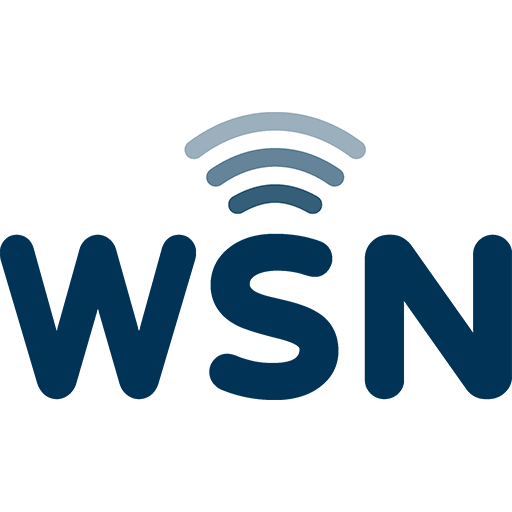At the lowest level, VoIP, or Voice over Internet Protocol, is an Internet-based replacement for traditional telephone systems. It offers cost savings and technologies that bring greater convenience and productivity to your business.
In our opinion, myths should not stop you from getting into this new technology which is today one of the most important and affordable means of communication that can provide a huge competitive advantage. So, let’s debunk the myths!
Myth 1: VoIP is more expensive
VoIP is actually cheaper than traditional telephony and local PBX systems. With a VoIP PBX in the cloud, the costs are limited to the service costs, excluding operating costs, hardware installation or maintenance, as well as the deployment of a 24/7 support team to monitor the PBX. With VoIP, companies can reduce communication costs by up to 65%. With local and international phone calls costing a few cents per minute, businesses can make significant savings on their phone bill.
Myth 2: VoIP is difficult to set up
A few years ago we could say that yes, back then, companies needed telecommunications experts to install and configure their system. These systems were large switchboard equipment and cables that connected employees’ phones to their desks. With cloud systems, we avoid hardware costs. Setting up a cloud phone system is as easy as logging into your personal account. You can manage your phone numbers, call flows and users with very little technical knowledge.
Myth 3: Voice quality is poor
The misconception that VoIP calls are of poorer quality than their fixed-line alternatives is false. What affects voice quality is the Internet connection. If your Internet connection is sufficient, the voice quality will be better than that of a landline. If your network equipment is not well configured, it will have a negative effect on call quality.
Myth 4: VoIP is unreliable
The stability and reliability of the system depends mainly on your internet connection. VoIP technology has evolved rapidly over time and there are now more features to ensure that no calls are missed, such as voicemail, voicemail to email and call forwarding.
Myth 5: VoIP is for big companies
There are many, many large companies using VoIP, but there are also many small and medium-sized businesses taking advantage of this technology. VoIP helps SMEs to remain competitive, they can offer better customer service with lower costs, more flexibility and other features and functionalities that the organisation may need.
Myth 6: You will lose all your numbers
Many companies think that they will lose their phone number, that a new one is needed to start using this technology. However, you can keep your current number. You can port the numbers to the cloud, take them to a new service provider. If you need a new number that enhances the image of your company (easy to remember number, repeating last digits, etc.), VoIP providers can provide these for you. VoIP providers can provide these at an additional cost.
Mito 7: VoIP is not secure
VoIP is more secure than traditional systems. VoIP has standardised encryption protocols, so calls and data are secure. The most common VoIP encryptions are Transport Layer Security (TLS) and Secure Real-Time Transport Protocol (SRTP). This ensures that SIP signalling and voice/video sessions are fully encrypted and safe from malicious activity.
Conclusion
There are many more myths and misconceptions surrounding VoIP, but the technology certainly meets the needs of businesses of all sizes. By choosing VoIP as your primary method of communication, you can make your team’s work easier, guaranteeing great results and above all, significant cost savings in the long run.


